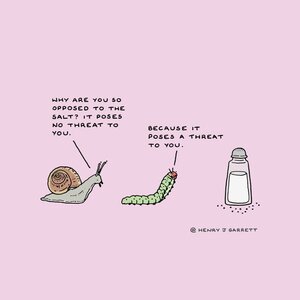- Joined
- Aug 4, 2008
- Messages
- 15,871
Word is that the fda is giving wavers but only in a way a #@%@% bureaucracy can...
If they partner with a company that has fda clearance they can make medical goods under the partners supervision and license.
It looks like GM and Ford are partnering with 3M and GE.
If they partner with a company that has fda clearance they can make medical goods under the partners supervision and license.
It looks like GM and Ford are partnering with 3M and GE.







300x240.png)